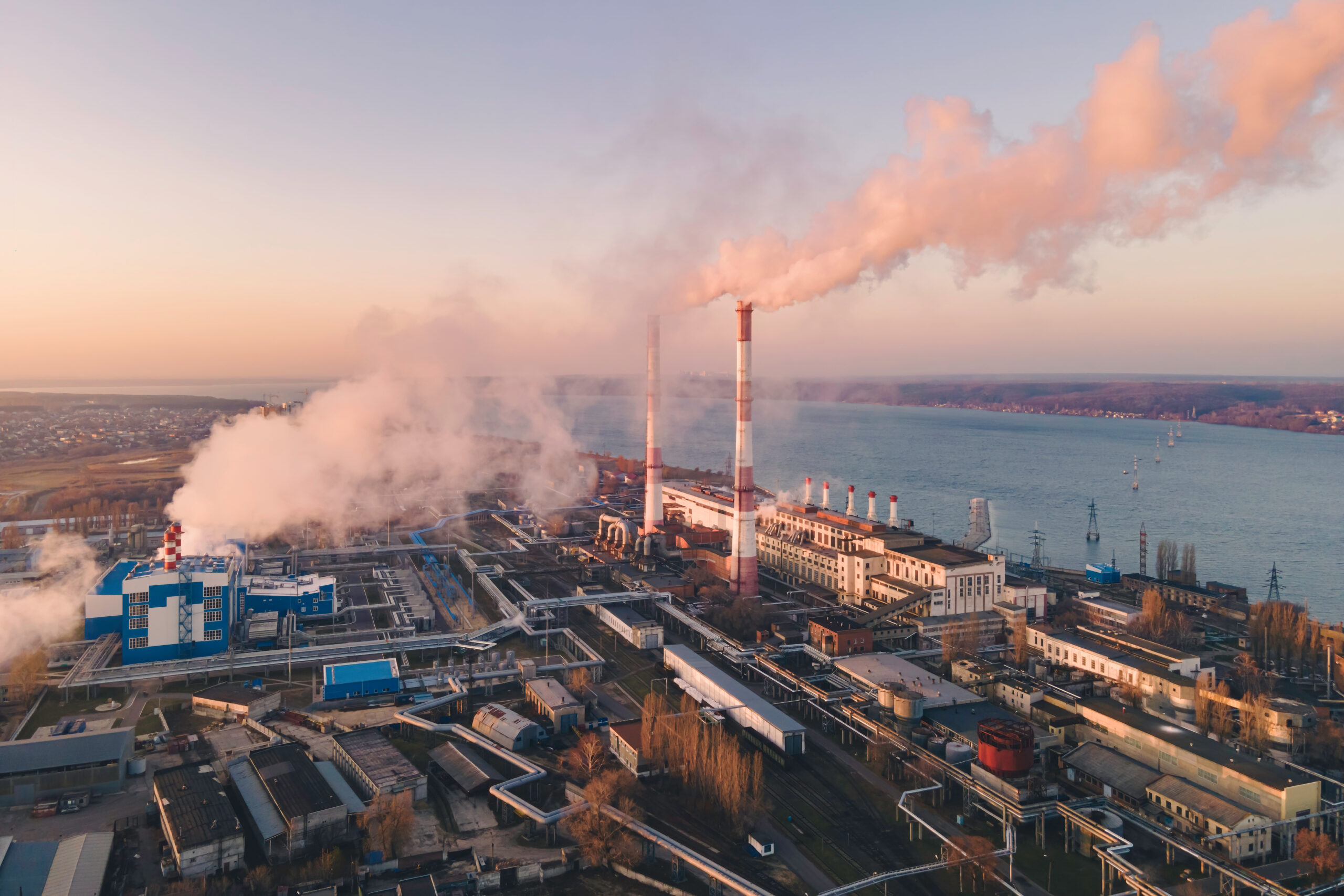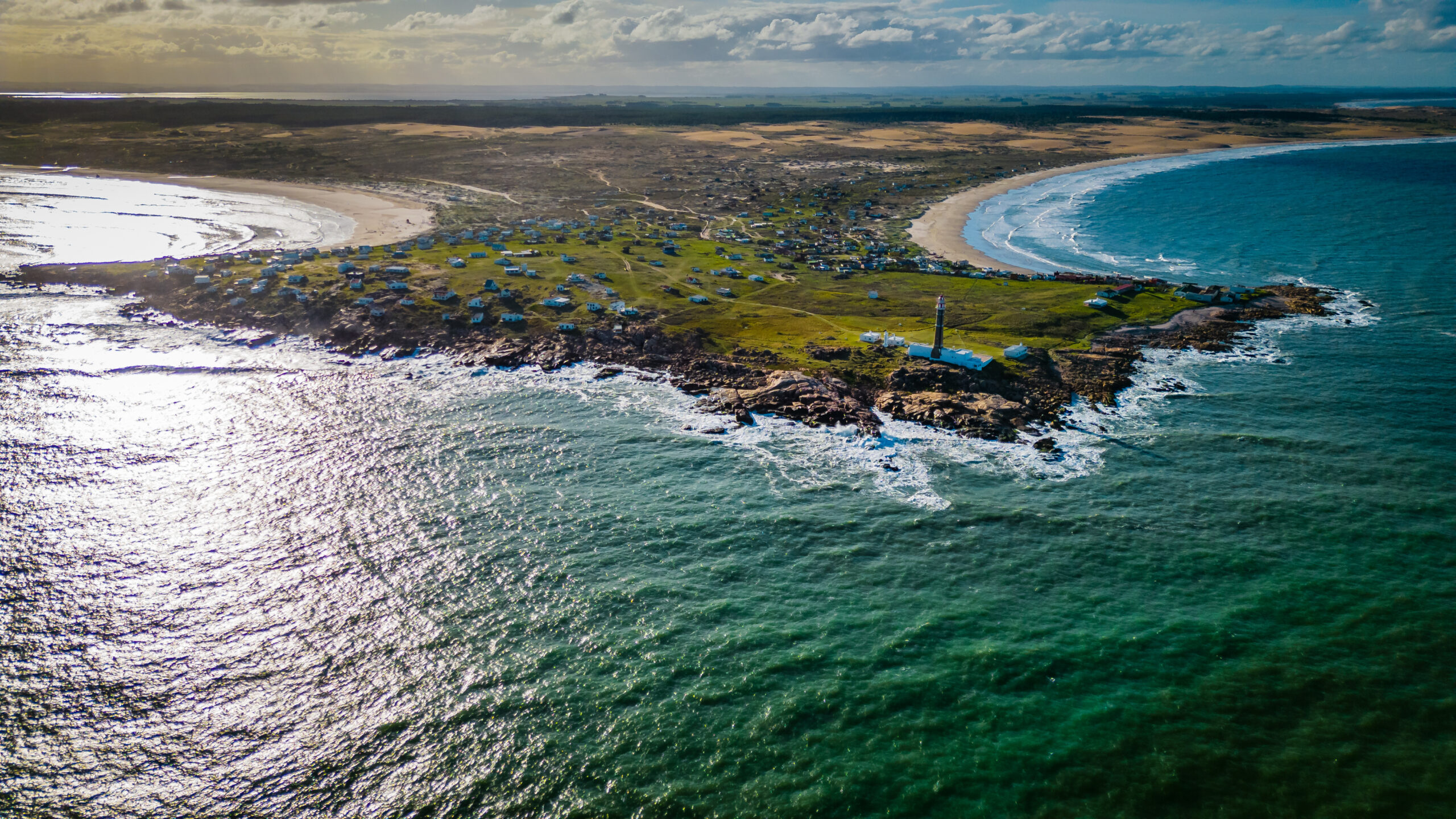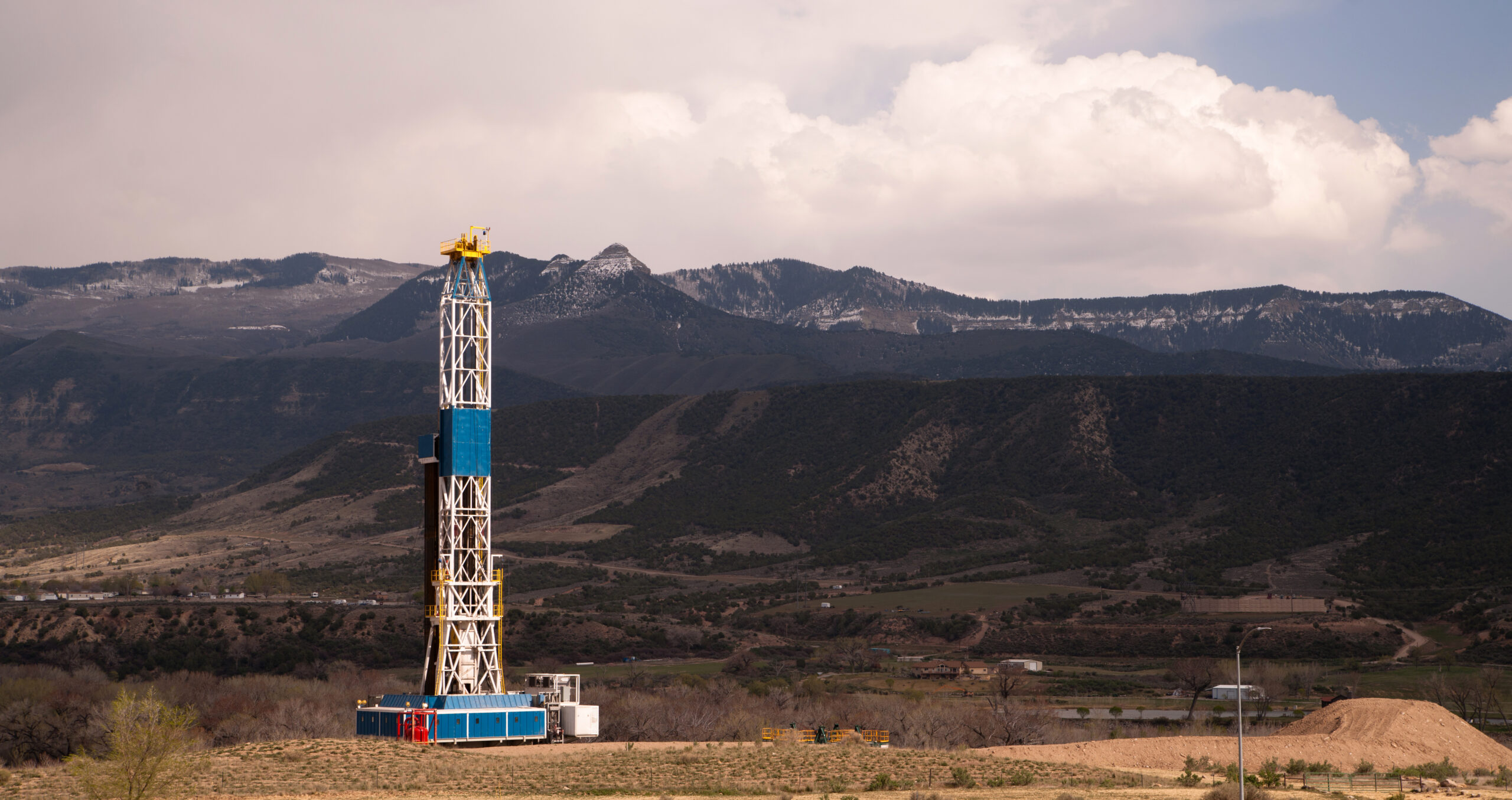Nigerian gov greenlights oil projects despite COP pledges
The Nigerian president has announced new oil refining and exploration projects despite climate pledges made at COP27.

Barely two days after COP27 climate talks in Sharm el-Sheikh, Egypt, Nigerian President Muhammadu Buhari approved the Kolmani Integrated Development Project in the North-East, the first oil project of its kind in the zone. Buhari said that oil exploration at the Kolmani River has already attracted over $3 billion in foreign direct investment and will boost Nigeria’s fortunes and earnings.
The oil exploration project is expected to start with a daily production of about 50,000 barrels of crude oil. Nigerian National Petroleum Commission (NNPC) in 2019 announced the discovery of crude oil in the Kolmani River region at the border community between Bauchi and Gombe states.
In a similar development, two weeks after COP27, Nigerian Oil Minister Timipre Sylva said the country expects to stop importing petroleum products before or around the third quarter of 2023.
Sylva said a refurbished refinery in the city of Port Harcourt in the oil-producing Niger Delta would deliver 60,000 barrels per day of refined crude by the end of December. The minister also said he expects the new Dangote refinery to come on stream in the first quarter of next year.
This comes in spite of, at COP27, President Muhammadu Buhari making more commitments, on behalf of Nigeria, to tackle the global climate crisis. The president also urged world leaders to stop the blame game and avoid delays in implementing efforts to tackle climate change.
In the build-up to COP27, Nigeria launched its energy transition plan (ETP) as one of its major approaches to reducing emissions, tackling poverty, addressing climate change and building a more sustainable economy.
The Nigerian government said the ETP is a significant pathway to achieving universal energy access by 2030 and a carbon-neutral economy by 2060. McKinsey consultancy supported Nigeria in developing the ETP to define a pathway to net zero, lift one hundred million people out of poverty and drive economic growth.
Consequently, the ETP aims to bring modern energy services to the full population and manage long-term job losses expected in the oil sector due to global decarbonization.
With the lauded progress made by Nigeria recently in achieving its climate goals, there has been growing concern over falling back on the promises made for oil and gas development projects in the country. Some experts have argued that a country like Nigeria which significantly relies on oil and gas for its economy needs more time to transition to clean, renewable and affordable energy.
Daniel Oladoja, a climate change evangelist and member of a global network of climate communication professionals, said Nigeria’s position at COP27 aimed at getting global engagement and attracting investors for action on climate change and energy transition.
Oladoja called for more implementation of solutions to solve climate change issues. “The government should do more to implement solutions. We have climate change acts, a climate change policy, an energy transition plan, a climate change department, ecological funds and several policies designed to tackle climate change, but we need action on the ground now,” he told Gas Outlook.
“Government has to demonstrate a commitment not just to roll out policies but by accelerating implementation (…) and ensuring that we do what we say we will do,” he added.
“The policies are already there. We just need to implement and implement but ensure that we measure compliance and, secondly, away from the federal government; most of the time we talk about policy and climate change. We are always looking at what the central and government can do. But development is local.”
In reaction to the recent oil exploration going on in Nigeria, Oladoja noted that the government wants to use the resources or the funds they can generate from fossil fuel sales to democratise wealth and drive sustainable development for the people.
He further said over the last couple of months, European countries have also returned from their commitment to clean energy to using fossil fuel and gas, making it difficult. “ I feel Nigeria is still in line with keeping its promise of tackling the climate crisis. I think it depends on how we then do it. So, if we use the resources of all these explorations to invest in resilient infrastructure and climate change adaptation, it will be a win-win for us at the end of the day.
“So if we invest in green resilient, and inclusive development, if we build infrastructure that is green, that is resilient and inclusive, then we would have used the resources from all these fossil fuel explorations and deals to create a functional society,” he added.
Damilola Hamid Balogun, CEO of the Youth Sustainable Development Network (YSDN), said Nigeria’s performance at COP27 was fairly good because the President emphasised the need to provide funds for loss and damage facilities and adaptation when it comes to responding to the impact of climate change.
Balogun, who attended the climate talks, said one of the major concerns, phasing out fossil fuels, was missing during the last COP. Reacting to recent oil exploration in Nigeria, he said a just energy transition can’t happen overnight because the country’s economic power is built around oil and gas.
“So you don’t expect Nigeria like today to just say no to it, and then we say we want to embrace renewable form of energy which in the first place we don’t even have the manpower to produce and finance to purchase as much and even engage and empower people in this line to be able to access all of these clean, renewable and affordable energy,” he told Gas Outlook.
He added that as Nigeria is exploring for oil, there needs to be a plan and strategy prepared for renewable energy to overtake fossil fuels in the next 10 years because, at the end of the day, the country needs to transition.



